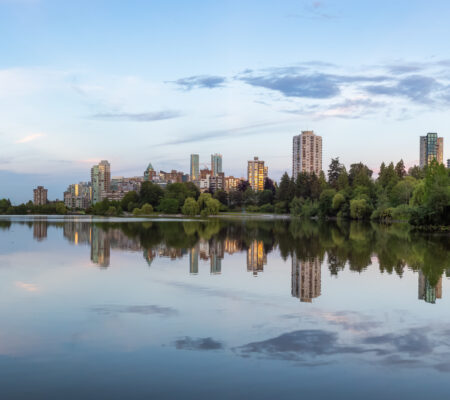As governments begin to ease general social distancing restrictions, there will likely be an increment in sports events. However, specific restrictions for sports events have become tighter. Even though fans are looking forward to carefree entertainment again, organizers are expected to be more conscious of health concerns. In effect, planning your sports event might require more rigor than before. Check out this guide on how to effectively plan and organize a sports event.
Secure Your Venue

Where is all the fun happening? That’s one of the earliest things you need to cross off your sports event checklist. For starters, it’s advisable to consider more than one venue option. You can make a site visit to each of them to inspect and determine if your choice is in good shape. On such visits, you can check the condition of the facilities available. Is the running track level? Have the lines faded? These are all questions to help you in your final decision.
Also, check the running track surface types available. Which one will the participating athletes prefer? Some athletes consider tartan track surfaces as the standard for track and field competitions. Polyurethane-bound rubber granules can also be used for surfaces hosting basketball and athletics events. If you’ve already chosen a venue that requires minor repairs on the tracks, it’s a good idea to read through this running track repair guide.
Prepare For the Audience
What’s a sports event without the fans? A clear understanding of the total number of visitors really helps your planning efforts. Prepare adequately and ensure you can attend to simple needs like seating space, washrooms, etc.
Water deliveries are another essential consideration to make in planning your sports event. Apart from hydrating your athletes and supporters, you’ll need water in irrigating your stadium for field events. It pays to have your water delivery needs in tandem with the number you’re expecting and the specific needs of your event.
Offer Good Safety Measures

The safety and security of your audience in attendance should be a priority. Everyone will expect you to uphold all the necessary security measures. This means getting a permit from your local authorities and ensuring that fire trucks and ambulances are on standby.
Safety and security have become more critical today as we live through the COVID-19 pandemic. In planning, you might want to ensure that there are enough handwashing points for all participants. Even before you host any event, check with your local council to determine the number of supporters social distancing rules allow you to have.
Consider All Stakeholders
Planning your event requires an adequate budget and efficient communication with stakeholders. From athletes to sponsors, it’s always best to ensure that everyone involved is up to speed. You can send periodic progress updates as and when you make progress with your planning.
Promote the Event

Advertising is one of the most crucial activities for your event’s success. It’s vital to have a good marketing schedule so you can create enough buzz and visibility right from the planning phase. Today, there are several ways to promote your event, and it’s best to leave no stone unturned. For example, you can use your local sports network and fan club. You can also leverage traditional event marketing options alongside digital marketing campaigns.
No doubt, social media can be a beneficial tool in running your promotions. You can start by pushing out teasers, then supply more details as the event goes by. Also, engage your fans in publicity efforts and encourage word-of-mouth promotions. Experts say inclusive social media campaigns result in higher visibility and audience reach.






